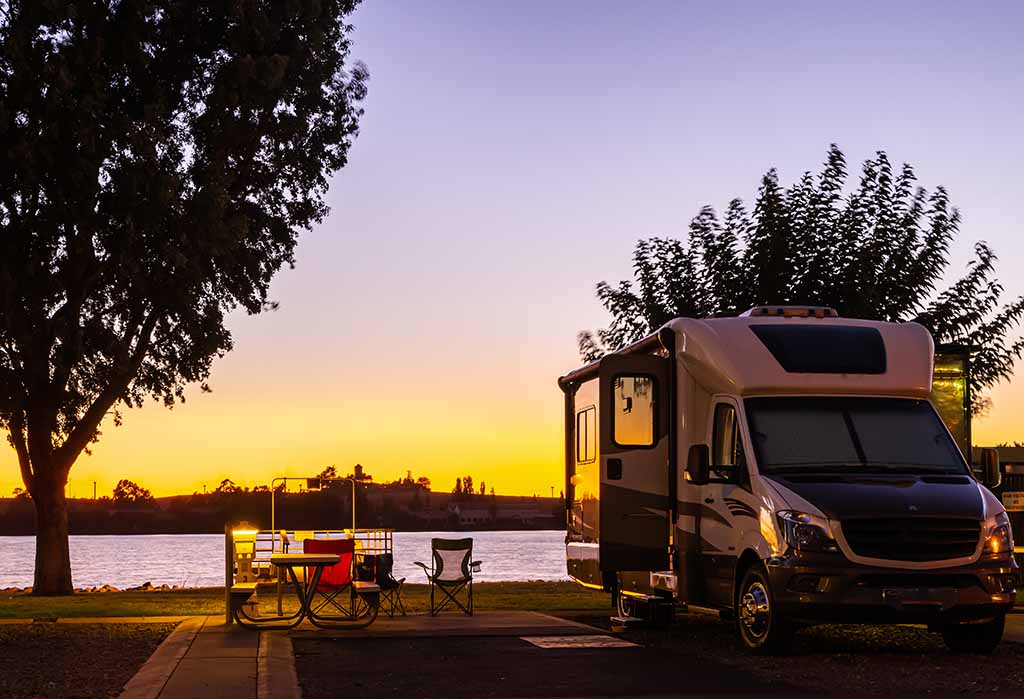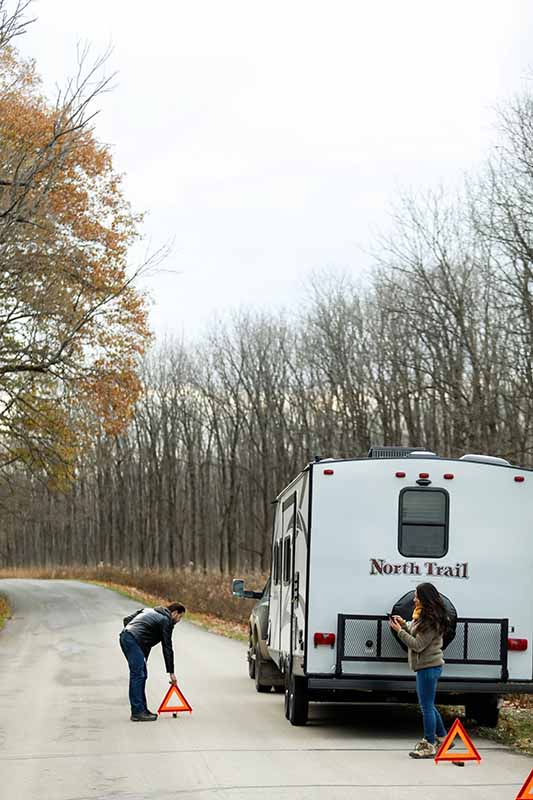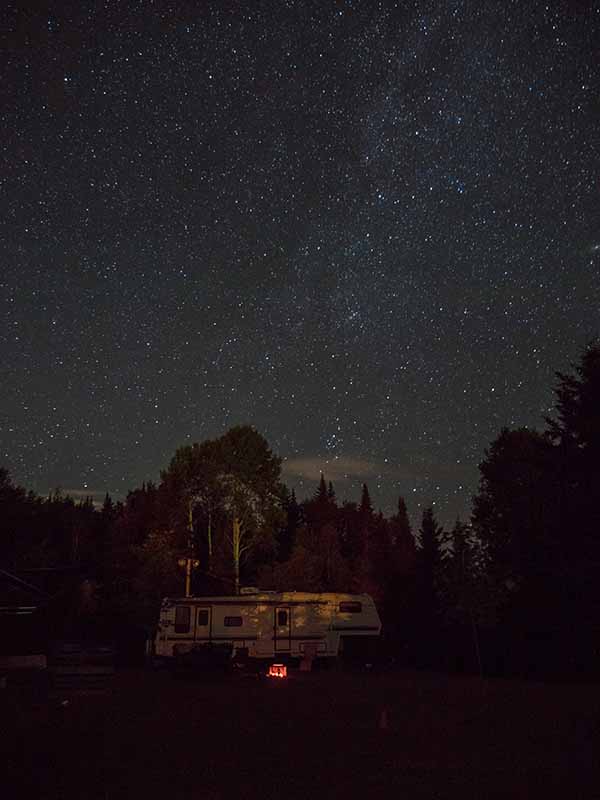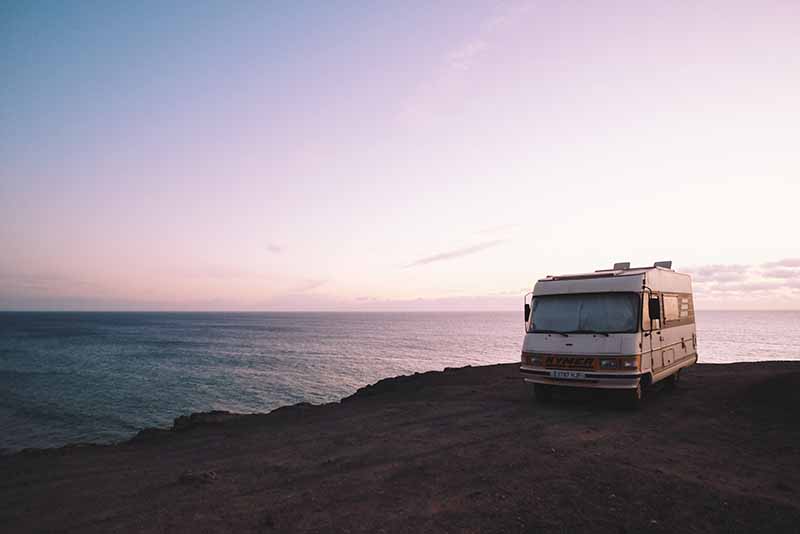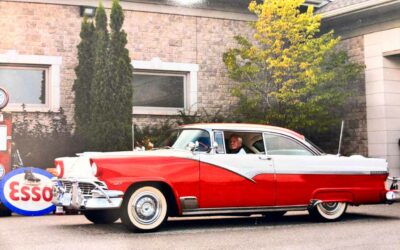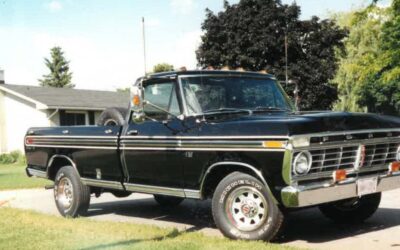
Written by Gaurav Sharma
Zehr Underwriting Manager
The season of RVing is upon us, as families pile into campers, make their way to campgrounds, and explore all that this nation has to offer. With an RV, you don’t have to worry about booking flights, hotel rooms and spending lots of money just getting to your destination. You can get up and go anytime you like! While a policyholder can just hitch up their RV to their standard auto policy, that isn’t necessarily the option that provides the best protection, should anything happen in the midst of an RV adventure.
RV is a term for a Recreational Vehicle, which include campers, motorhomes and travel trailers. Motorhomes come in many shapes and sizes: Class A, B and C. Then there are different kind of trailers such as camping trailers, travel trailers, tent trailers, fifth wheel, to name a few. As with auto insurance, your rates will be based on the make and model of your RV, value of the RV, your driving history and other factors. You may have the option to add RV coverage to your regular auto insurance, but this isn’t always recommended.
RV is also used as a home, so there are unique exposures that a standard auto type of policy does not address. If a neighbor that is strolling by your house, trips and falls in your driveway because their foot got caught in a crack, that is a personal liability exposure. The same applies for an RV. If you’re parked at a campground, you’ve got personal liability exposure there as well.
RV insurance provides financial protection from damage or loss to your motorhome – trailer due to an accident, weather or other damaging events. If you carry RV liability insurance, you may also be protected from financial loss should you be at fault for someone else’s injury, property damage or death due to an accident you caused.
You can purchase trailer insurance that covers your risks both when your trailer is in use or parked.
Are RVs not covered by my Auto Insurance?
While it is true that trailers can be covered by auto insurance on the towing vehicle, not all trailers are automatically covered. Liability insurance alone does not help to cover the costs of damage done to your travel trailer.
Some insurance companies require an extra premium to cover trailers while other companies will cover only the least expensive trailers. In addition, the coverage provided often does not apply to the trailer when it is unhitched and either parked or stored. Whereas, Motorhomes are treated as same as an automobile. It is a type of self-propelled vehicle capable of driving on its own.
It is required by law to have mandatory coverage including liability on the motorhomes.
So what coverage do I need for my RV?
The biggest difference between an RV and a car is that the RV is dual purpose. As with many types of insurance, there are multiple options for insuring your RV. Here are some specialty coverages you may want to consider:
- Liability insurance will cover any costs related to damage or injuries to others if you are responsible for the accident. This coverage protects you if someone is injured in or near your RV either you are parked or in motion.
- Collision Coverage will help pay for damages to your RV if you are in an accident. This protects the structure of the vehicle and some of the interior features and is usually subject to meeting your insurance deductible.
- Comprehensive Coverage, which will protect you in case of a non-collision damage. This coverage helps with damages that occur to your recreational vehicle for reasons other than accidents. This can include damages from fire, theft, water, weather conditions, vandalism, etc. Another benefit of additional insurance could be protection against things like damage from trees, heavy winds, fire, hail, or flooding. Acts of nature may be beyond your control, but insurance can protect your pocket when they do happen.
- Similarly, Total Loss Replacement is a great option if you would be significantly impacted by the loss of your RV–this coverage will reimburse you the full original price rather than the depreciated value of your vehicle if the loss occurs in the first five years.
- Frequent road warriors may want to add Emergency Expense coverage to their policy. If your travel plans are disrupted, this will help cover the cost of hotels and other expenses until you can get back on the road. You could avoid a pricey towing fee or having to abandon your RV on the road while you go for help.
- In many cases, the contents coverage you have for your home does not apply to things that you’re carrying around in your RV, so a specialty policy provides contents-type coverage for you in that situation. Your RV contains personal belongings and contents coverage protects the value of these assets. Individual items like electronics, appliances, jewelry, and other valuables might not be covered under other insurance policies and can be pricey to replace.
Benefits of RV insurance
If you have a RV, you likely want to protect your investment and RV insurance is designed to do exactly that. While your RV is a big expense and most of us need to pinch our pennies, RV insurance can be well worth the additional expense.
RVs are larger than cars, making them bigger risks for on-road damages. Because they are also more mobile than the typical residence, they are also at more risk for structural damages than a home would be. There are a lot of benefits to having a policy that specifically covers your RV. Some of those benefits include things you might not necessarily think about. While your travel trailer isn’t a vehicle in itself, an accident that damages your truck or SUV may also impair your ability to tow your travel trailer. Damage to your travel trailer may also inhibit your vehicle’s capacity to tow it to a repair shop.
Though they face some unique risks, RV enthusiasts are insulated from other exposures that an immobile home might not be, such as natural catastrophes. What is unique about an RV is that you can get in and drive away, so if a hurricane is coming, people can get in their RV and they can drive away.
Keeping all these exposures in mind, it is prudent you ask your insurance provider about all the different coverages available to suit your needs. If somebody buys an RV, they can go to their standard auto insurer and get a typical auto policy that insures their RV, but, if they do that, they’re not getting all of the coverages they need to properly insure that RV. One can get coverage that is much better than what they have on a personal auto policy for, in many cases, the same premium or less than what they would be paying from a standard auto insurer.
Call Zehr Insurance brokers and see if we can help you with your insurance needs.

